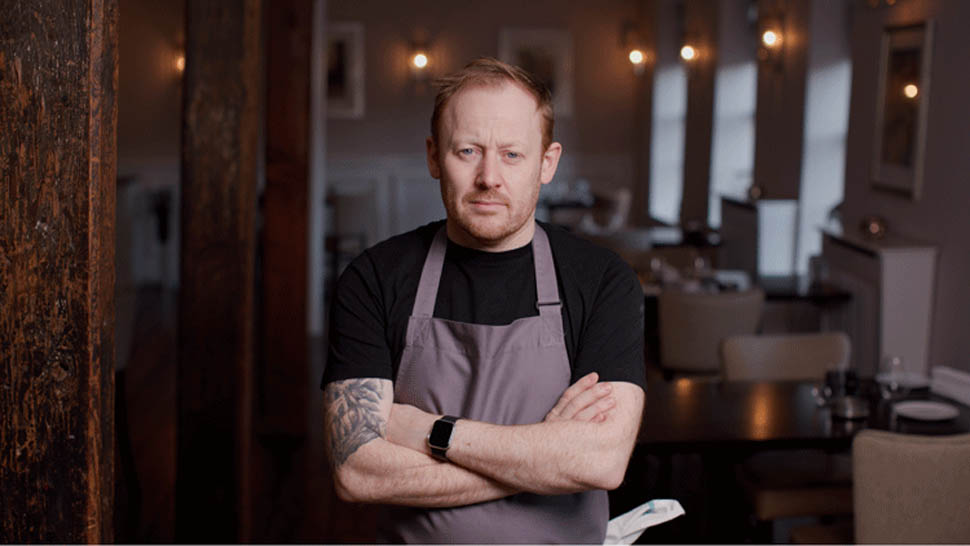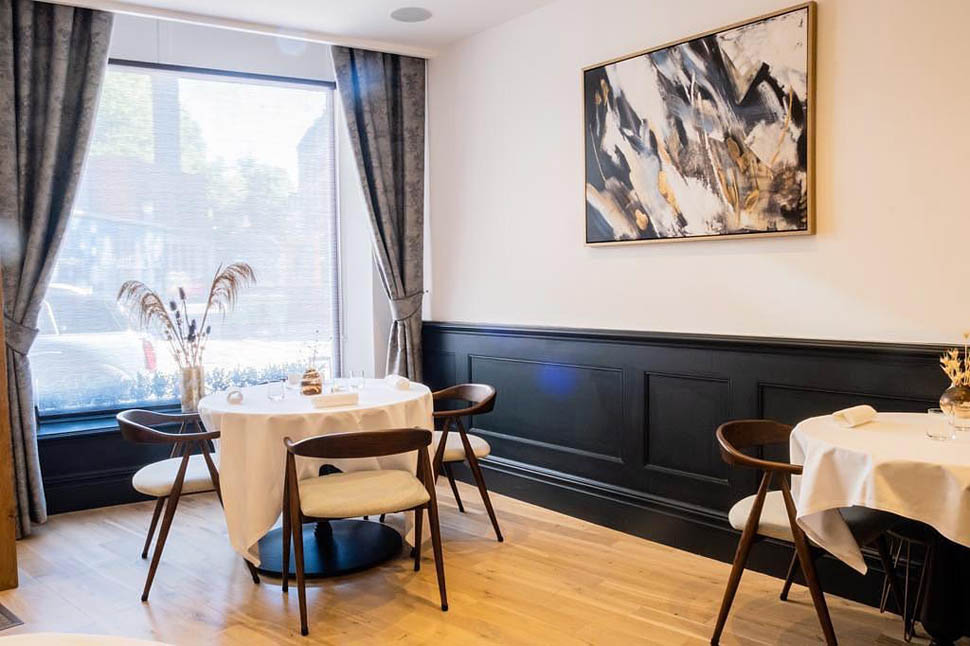Star chef from Newcastle - Kenny Atkinson - expresses his concerns for the restaurant industry and the increasingly concrete problem of staff shortage.
The opinion
Recently, Chef Kenny Atkinson's two restaurants in Newcastle - House of Tides and Solstice - have come back into the spotlight for both retaining the coveted Michelin stars, alongside Hjem and Pine in Northumberland. Kenny Atkinson believes that the secret to their success lies in maintaining the standards sought by Michelin inspectors, confesses to chroniclelive.com.

"You can never take anything for granted," says Kenny. "So it's always a relief to receive Michelin confirmation even if you're sure of what you're doing. Having two Michelin-starred restaurants in Newcastle, as in Northumberland, is a huge boost for the area and the region as a whole. A Michelin star will attract customers from all over the world, consequently bringing a steady stream of people to bars, hotels, and even to the taxi drivers who transport them to the venues."

The entire local gastronomic scene has taken huge strides in recent years, but according to Kenny, the restaurant sector urgently needs support due to the heavy demands of VAT and taxes which, he says, are "crucifying" the industry. Recently, Kenny published on X - formerly Twitter - a list of costs to be faced (VAT, a 15% corporate tax on any profit made, increased wages, pension payments, rising food prices due to Brexit, a huge 110% increase in utilities across the board), stating that at this rate, many restaurants will close by the end of the year.

This is precisely what hampers the ambition of the Chef, who cannot always afford to spend and invest as he would like. "There are so many things I want to push forward, including training other young chefs. I want to take my team and my projects to the next level!" It is at Solstice on The Side that Kenny spends most of his time, assisted in the kitchen by head chef Scott John-Hodgson, recently featured on Great British Menu. Unfortunately, although Brexit has had a very strong impact, high rents are also discouraging many potential chefs/waiters from relocating, and there are fewer people choosing to work in the hospitality sector. Even training institutions are missing the opportunity to bridge the skills gap in the industry with daily internships.

“This is because the restaurant sector has completely changed,” he adds. Thus, the staff has become so small that it is necessary to further reduce the tasting menu ("now we only do 5 or 7 courses, instead of the initial 10") and to require a "double service" from the 5 chefs on staff at one of the venues, who effectively also help with table service. Yet, the chef observes, the times of long shifts and shouting kitchens are over. Kenny's kitchens are peaceful work environments. “When I started, I worked 60 hours a week,” he recalls. His staff, on the other hand, works full-time on the four days the restaurants are open and the rest of the week is free, which allows for a better work-life balance, as he himself suggests.

Having four Michelin-starred restaurants in the Northeast strengthens the local gastronomic scene, which according to Kenny is "definitely growing" but, he emphasizes, "needs to be supported." And if the restaurants do well, everyone benefits, including suppliers and farmers. His concern is to protect the business and he adds, "We will continue on this path, hoping to keep evolving and keeping the dream of cooking alive."











